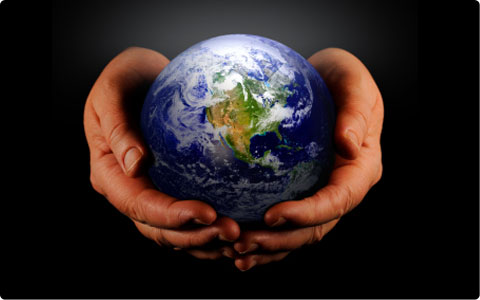I’ve been out of action for the better part of a week with a nasty case of flu, but have used the time to get through most of George Weigel’s new book The Irony of Modern Catholic History I’ll be reviewing it later over at Imaginative Conservative, but the book has reminded me how much God is always elsewhere. Weigel’s book charts the Catholic Church’s centuries long wrestling match with modernity, and reminds us that controversy, quarrels, confusion and seeming chaos have always been part of church life.
You could even say one of the marks of the authenticity of the Catholic Church is that her members are engaged in an eternal internal tug of war. We see this as alarming and upsetting. We want everything to be happy and peaceful and calm, but that ain’t reality. The fact is, the Catholic Church is like one of those big Italian families where everybody talks and argues at the same time while they’re having a huge Italian feast.
Weigel shows how, despite the chaos within and the threats without things move forward. It reminds me that God is always elsewhere. We think our plans and programs are so important, but he just nods and gets on with something over there where we didn’t expect. We’re interested in the global power struggles, “important” things like theology and liturgy and “doing things the right way” and He’s busy bringing something else about–bringing on seeds that he planted in obscurity decades or centuries ago. That little seedling was growing in obscurity and then at the right time the right person steps up and things change.
This is what I find increasingly thrilling about the Catholic faith–that God really is in charge in ways I never knew him to be in the Protestant churches. He is working in and through the Catholic Church on an individual and global scale to bring in his kingdom on earth–and he does this not only despite our failures, our chaos, our heresy and immorality –but through those very tragedies he bring about his triumph.
When you read more church history you’ll see what I mean (by the way if you haven’t listened to my 23 part podcast series on church history called Triumphs and Tragedies you ought to. It’s available in the podcast section of the blog) An excellent example of what I’m getting at is the tragedy of the loss of the papal states. The papal states consisted of a large chunk of central Italy which was basically the pope’s kingdom. During the unification of Italy in the late 19th century the pope lost more and more of the territory until finally under Pius IX all was lost except the Vatican and a few outlying properties. Of course the conservative powers lamented this terrible deprivation and saw the church’s influence and wealth undermined. They fought tooth and nail to retain the papal states and could not envision the papacy and the church without them.
But the result of losing the papal states was that the pope was released from the role of being an Italian monarch to become the universal pastor. In the centuries previously the missionary work of the church had planted seeds and running parallel to the decline of the Italian political influence the church was growing globally. By no longer being the monarch of an increasingly shrinking Italian duchy, the pope was able to belong to the whole world.
Church history is a sequence of events like this. What we see as disaster God uses as an opportunity. He has already woven that disaster into part of the tapestry of his mercy. Nothing is wasted. The cross teaches us that this is the way God works in the world–always unexpected, always beautiful, always surprising.
At this present time pessimists see the decline in numbers of priests and religious, the decline in mass attendance, heresy within the church, immorality amongst the clergy and signs of terrible decay. But what is declining? What is dying? What is dying is an outmoded, irrelevant form of Catholicism that had been on its last legs for a long time. In the meanwhile, God is always elsewhere. He’s always doing something new.
The Catholic Church of the 21st century is going to be very different. The old order will continue to shrivel and die, and new life will come up in the places we least expect it. I can predict what some of it may look like, (and have done so in my other podcast series Future Church) but it is up to us to remember that God’s in charge. He knows what he’s doing. He’s got the whole world in his hands. So we can face the future with confidence and trust–and a sense of excitement and expectation.







What a wonderful inspiring comment. Thank you Father.